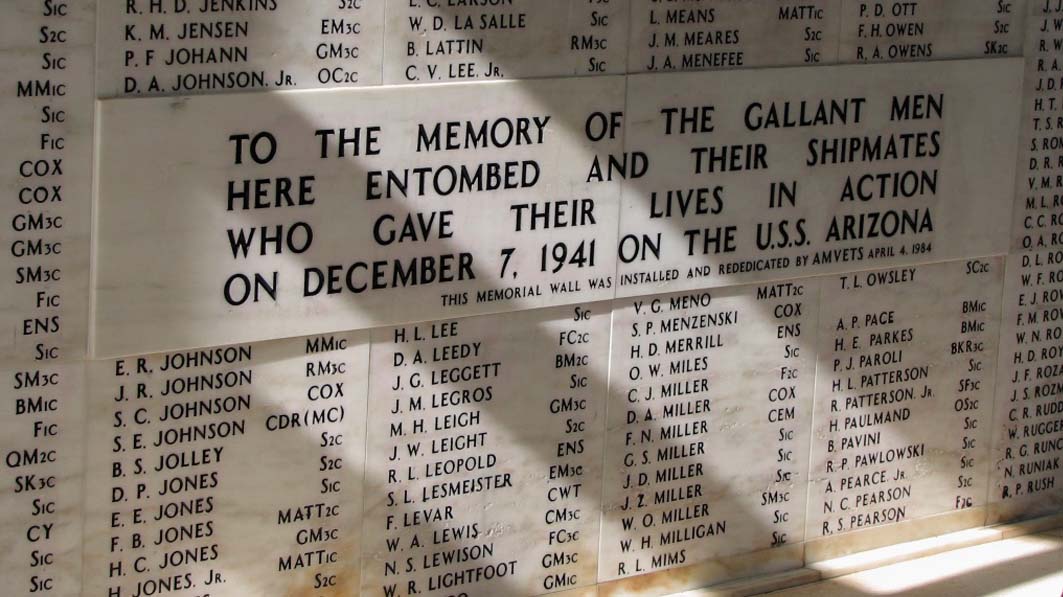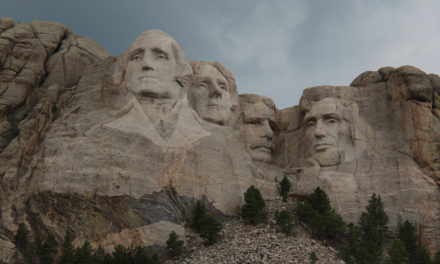It was approximately 0840 on Sunday, December 7, 1941. “Adrenaline pumped through Bruner’s veins. Burned over 73% of his body; he knew death was closer than life. Pain was the last thing on Bruner’s mind. Fellow crew member Alvin Dvorak was seated next to him. They had just escaped off USS Arizona. Bombed and still being strafed, their ship had already sunk into the shallow depths of Pearl Harbor’s Battleship Row.”
So begins the memoir of Lauren F. Bruner, a survivor of the attack on Pearl Harbor 78 years ago. Bruner captured his story in 500 pages recalling his account of that day. Bruner was the second to last person to leave the USS Arizona. His book is properly named, Second to the Last to Leave USS Arizona. Unfortunately, Bruner died earlier this year at the age of 98.
Bruner’s story is one of many accounts of terror, pain and horror that day.
After years of increasing tensions between the United States and Japan, the two countries took to negotiations to see if they could resolve their disagreements. Deceptively, Japan continued to negotiate with the United States up until the day of the attack on December 7th. Simultaneously, the Japanese Navy was taking great care to plan the attack on the U.S. Navy’s Pacific Fleet stationed in Honolulu, Hawaii.
In response to the attack, U.S. President Franklin Roosevelt, in a radio broadcast address to the nation, asked the U.S. Congress to declare war on Japan. The speech drew the largest radio audience in history and was heard by over 81% of American homes. “Yesterday, December 7, 1941 a date which will live in infamy the United States of America was suddenly and deliberately attacked by naval and air forces of the Empire of Japan,” President Roosevelt stated.
Roosevelt continued: “It will be recorded that the distance of Hawaii from Japan makes it obvious that the attack was deliberately planned many days or even weeks ago. During the intervening time the Japanese Government has deliberately sought to deceive the United States by false statements and expressions of hope for continued peace. The attack yesterday on the Hawaiian Islands has caused severe damage to American naval and military forces. I regret to tell you that very many American lives have been lost. I ask that the Congress declare that since the unprovoked and dastardly attack by Japan on Sunday, December 7, 1941, a state of war has existed between the United States and the Japanese Empire.”
The attack devastated the U.S. Pacific Fleet. 188 airplanes and nearly 20 American ships were lost. For a two-hour battle, the cost of human life was enormous. 2,403 American military members were killed, and 1,178 were wounded. There were also 103 civilian causalities.
It can be easy to go about our busy lives forgetting the tremendous cost that others have paid to protect and defend our country, freedoms and our way of life. Anniversaries, like this 78th anniversary of the attack on Pearl Harbor, provides us with a reminder to pause, reflect and remember the sacrifices others have made for us. Fellow Americans whom they have never met.
Additional Resources:
Video of President Roosevelt’s “Day of Infamy” Address to Congress






